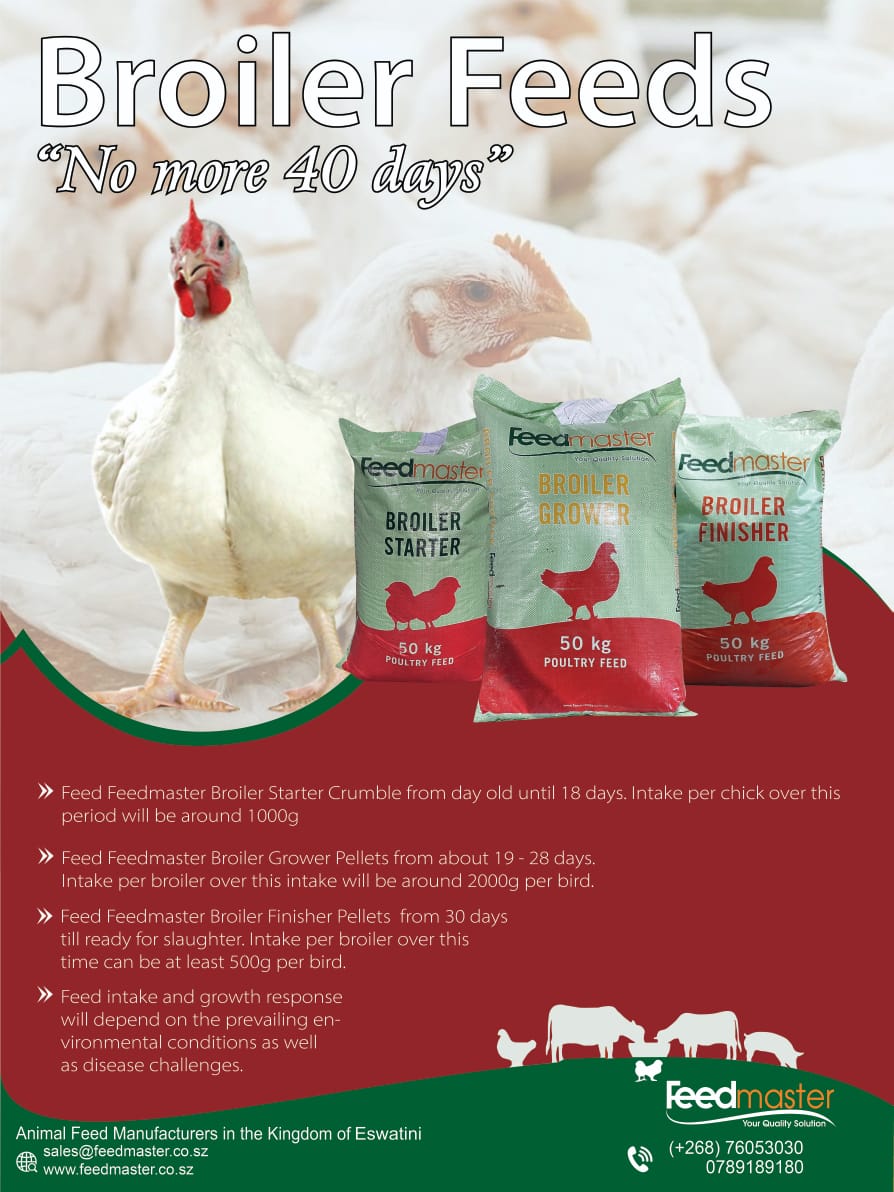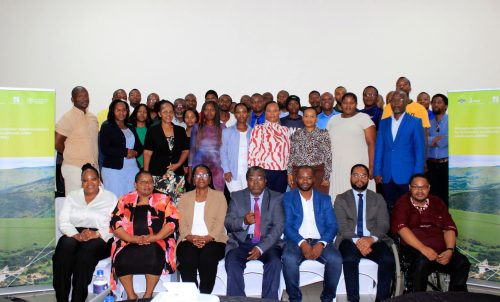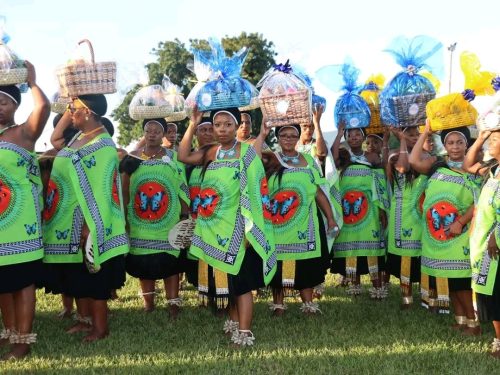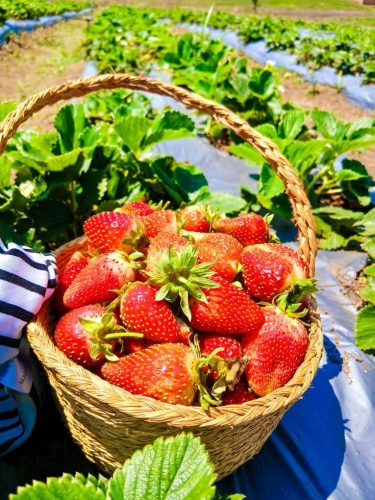In this episode, we take you to Marime Farms in Luve, where three visionary brothers—George (33), Bandile (31), and Mncobi (29)—have come together to build a thriving family agribusiness. With the support of their retired mother, they have transformed their vision into reality by investing in borehole irrigation, greenhouse farming, and a nursery to supply fresh vegetables to the local market. 🌱 What to Expect in This Episode: ✅ The inspiring journey of the Marime Brothers ✅ How they built a sustainable agribusiness from the ground up ✅ Their innovative approach to irrigation, greenhouse farming, and market access ✅ Challenges and lessons learned in commercial farming This episode is a celebration of youth-driven agribusiness and the power of family legacy in Eswatini’s agricultural sector. Their story is one of resilience, innovation, and passion for farming. 📌 Watch now and be inspired! 📍 Don’t forget to SUBSCRIBE and turn on notifications 🔔 so you never miss an episode! 💬 What do you think of Marime Farms’ journey? Let us know in the comments below! #AsilimeniMaswati #AgribusinessMedia #EswatiniAgriculture #MarimeFarms #FarmingStories #SupportLocalFarmers #YouthInAgriculture #FamilyFarming #SustainableAgriculture #AgribusinessSuccess












